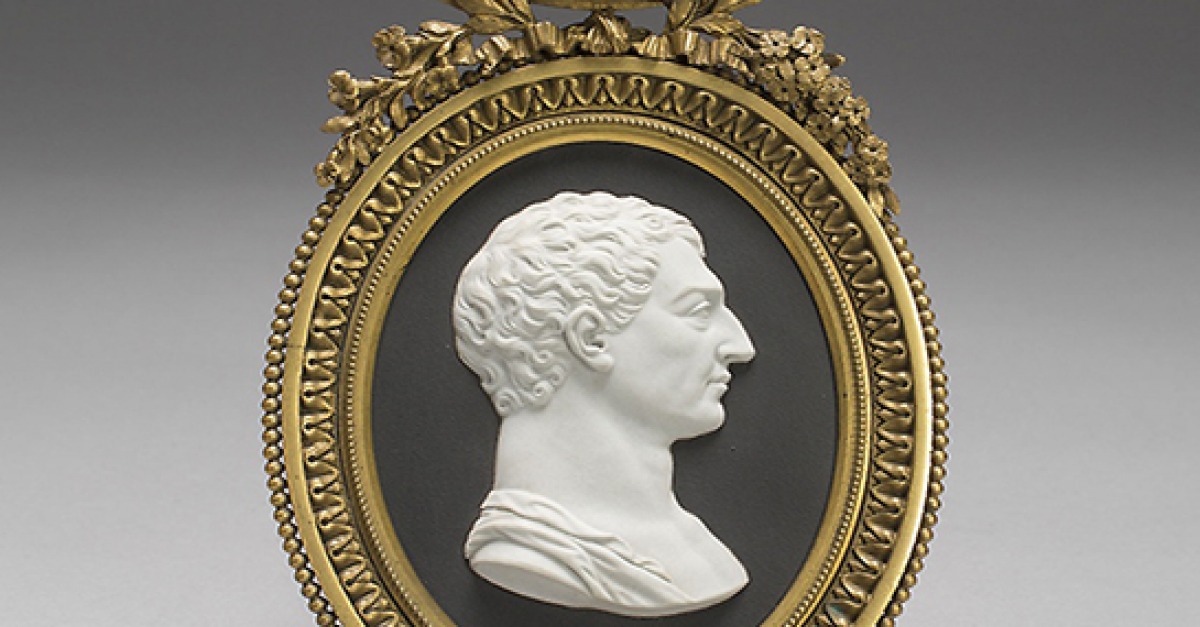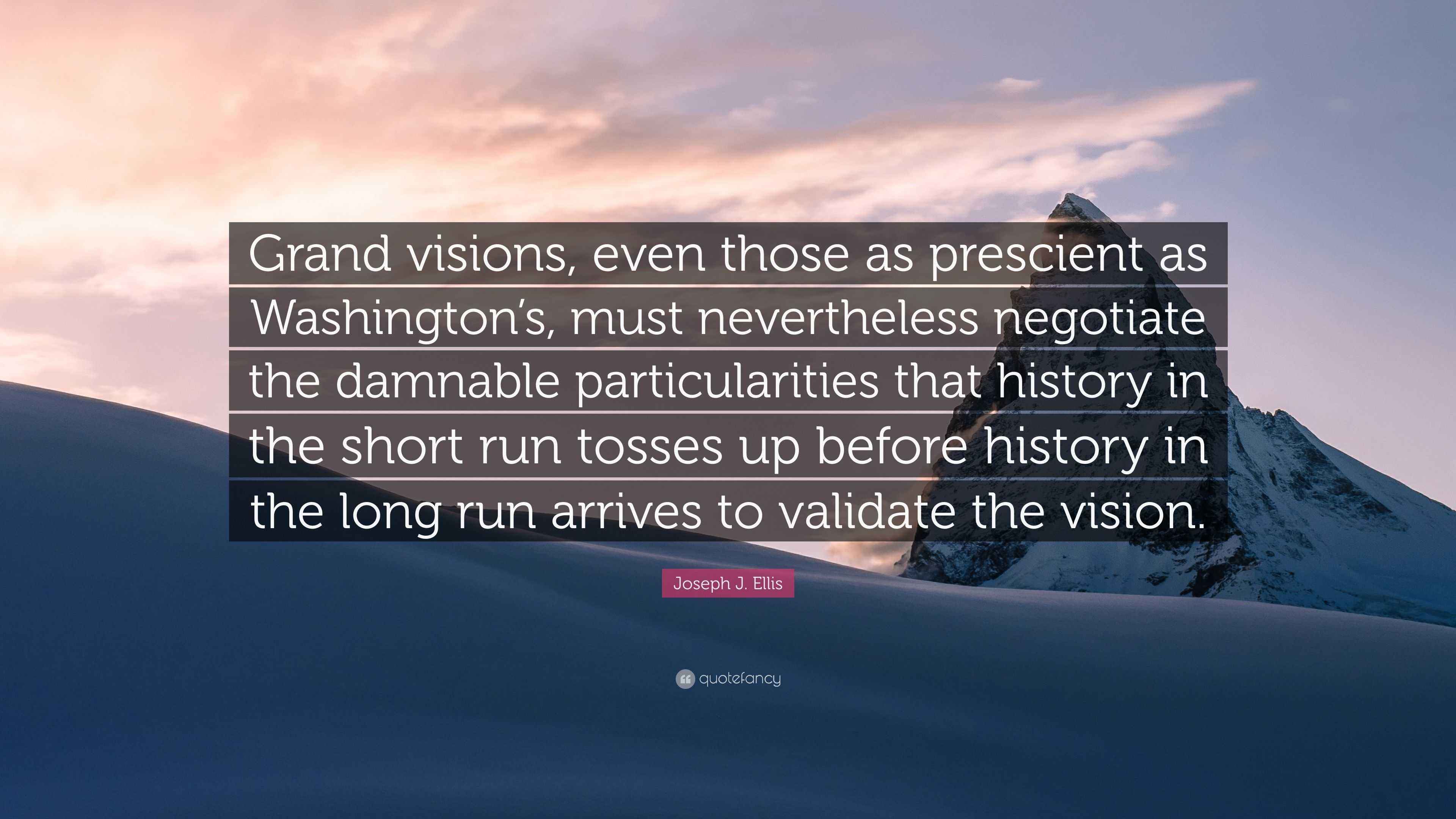

Nevertheless, her positive portrayal of George Washington foreshadowed his success in establishing the United States.Washington received extensive experience during the French and Indian War of 1754–63, which Ellis describes as a, "crash course in the art of soldiering." Most notably, he served under the British general Edward Braddock and witnessed a disastrous defeat at the Battle of the Monongahela in 1755.

The language in Phillis Wheatley’s poem “To His Excellency General Washington” is very formal, and it seems like she was trying to hide the fact that blacks had no freedoms. In the final stanza, there is an invocation for war with Britain so Washington can gain power and become king. He’s urged to fight because he knows he’s on the right side and his victory will bring him glory. The British are portrayed as slow and clumsy, while Washington is described as a great leader who has been chosen by God. She says that the outcome of her victory is certain and that she will be victorious in all future wars. In the fourth stanza, the author portrays Columbia as invincible. War is portrayed as a virtuous pursuit that will be memorialized in stories and poetry. Nature has her back the speaker compares war to something worthy of grace and glory. In the third stanza, she calls her a muse or goddess of inspiration, whose numerous armies are described in detail. It describes Columbia as a symbol of peace and accomplishment, decorated with olive and laurel. The speaker acknowledges that what has happened before is unprecedented there has never been anything like this before.

She also addresses Mother Earth who is waiting for her children’s fate in this new world they have created. She personifies Columbia, America’s classic female heroine, as she depicts her vulnerability and anxiousness when it comes to the future of its country. The poem begins with the author addressing a celestial choir and stating her intention to write about America’s glorious struggles. In this poem, she subtly undermines contemporary power dynamics because it urges Washington and his almost entirely white male associates to fight for their freedom from British rule without directly referencing her own struggles, which are related to race and gender issues. It consists of 5 stanzas and 42 lines that draw on her difficult origins: Wheatley was sold into slavery as a child before she moved to North America.

The poem was sent to George Washington when he received his post as Commander-in-Chief of the Armies of North America. This poem was written by Phyllis Wheatley, who is the first female African-American poet to have published work.


 0 kommentar(er)
0 kommentar(er)
